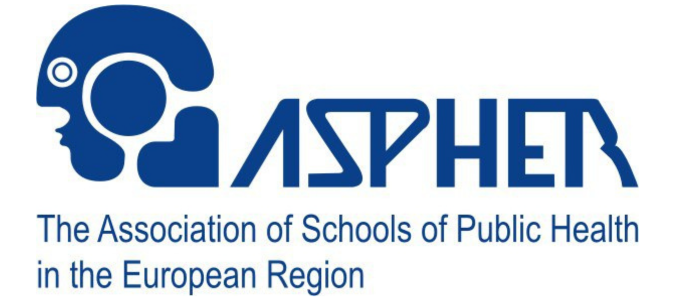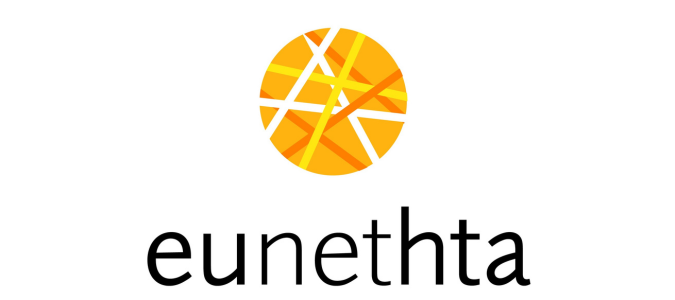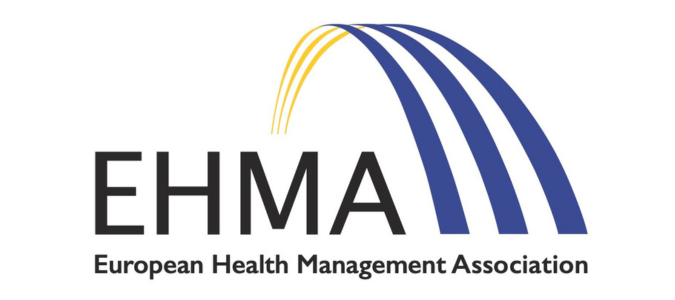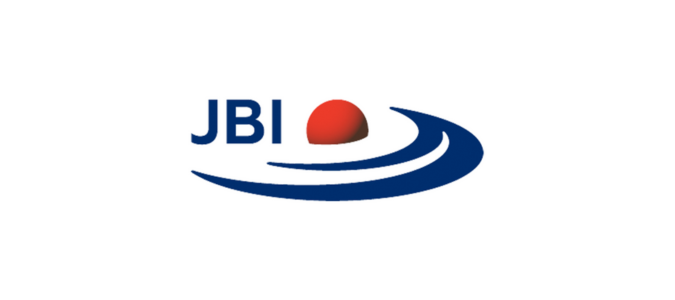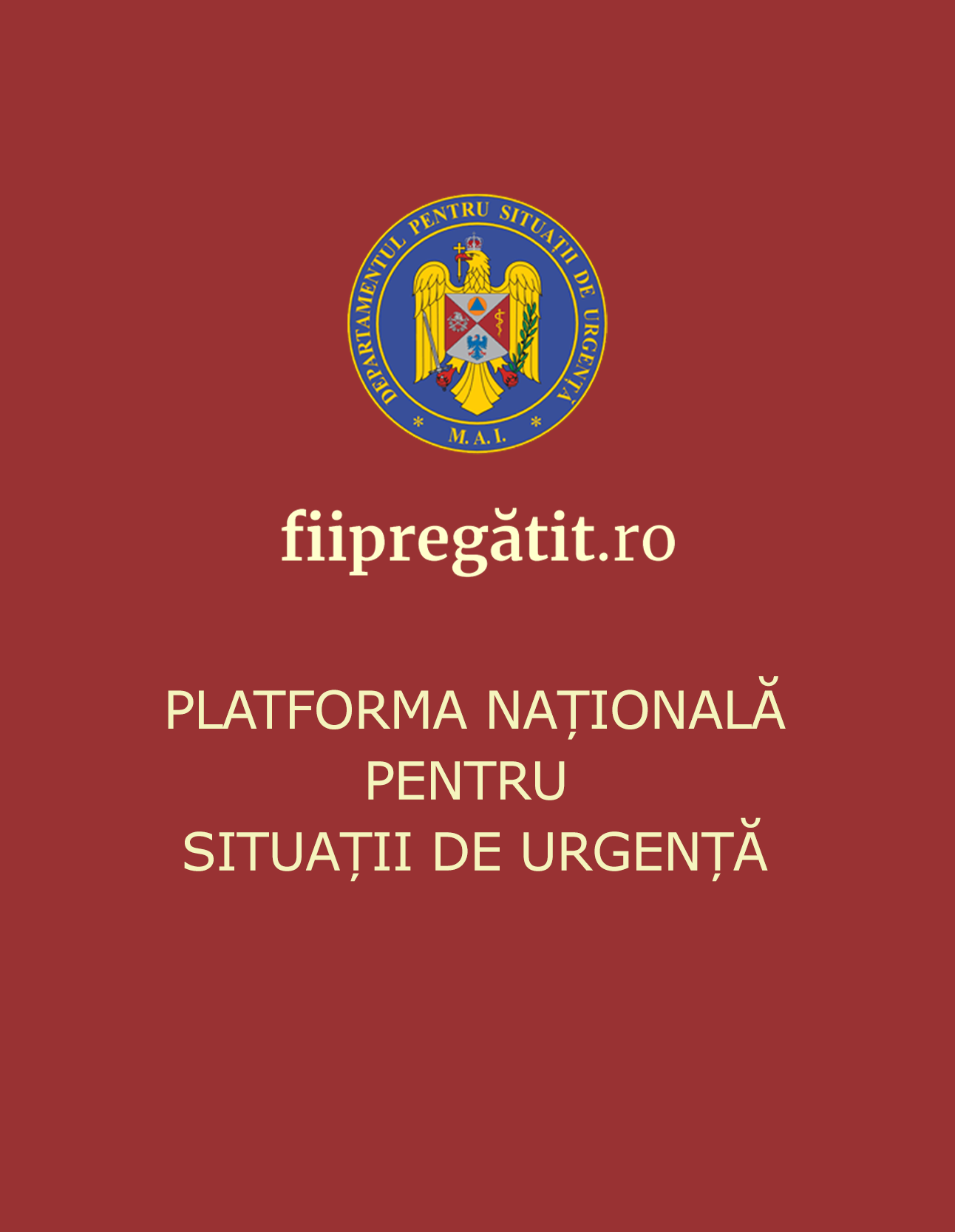Hospital Evaluator Training Programme (FEV)
Target group
Any person according to Art. 2 of the Order of the President of ANMCS No 651/2016 who wishes to become a hospital health services assessor.
General objectives
1. Training of hospital health services evaluators, with the main objective of acquiring and deepening the knowledge and skills necessary to carry out, in optimal conditions, the specific activities of the hospital evaluation process, with a view to accreditation;
2. Awareness of the importance of hospital accreditation to improve the quality and safety of health services provided.
Specific objectives
At the end of the programme the learner will have to:
1. Understand the place and role of the hospital within the Romanian health system;
2. Understand the role and importance of hospital accreditation in the overall health services in Romania;
3. Know the specialist terminology in the field and the tools used;
4. Know and apply the fundamental concepts in health care quality management (concept of quality, hospital service, patient satisfaction, patient safety);
5. Understand the principles of measuring and improving the quality of health services;
6. Know what are the possible clinical and non-clinical risks that can occur in a hospital and the related legislation to limit them so that they can assess the work done by a hospital to limit/eliminate them;
6. Know the existing tools in the Capesaro application and familiarize yourself with the importance and purpose of each.
Skills
At the end of the programme, the learner should have the following practical skills in addition to the standard professional competence:
1. To know the context and conditions necessary at the hospital level to correctly assess the accreditation requirements (documents and conditions that the hospital must meet, direct observation aspects, interview questions);
2. Indicate all the aspects that you consider an assessor needs to check/prepare at hospital level and the correlation between them to ensure validation conditions;
3. Have the ability to plan all stages of an assessment visit;
4. Use the Capesaro application and all the necessary tools in the evaluation of a hospital;
5. Be able to present a potential interlocutor with solid, clear, precise arguments on the assessment they have given to an indicator in the evaluation so that the interlocutor understands what needs to be done next to improve the work.
Program evaluation
Written and oral test
Interview to verify understanding and application of accreditation tools.
Program code – FEV
Programme coordinator: CS II Constanta MIHAESCU-PINTIA / Dr. Adina GEANĂ
Module
Management of the health unit with beds (MSp)
Module coordinator – Dr. Adina GEANĂ / Dr. Nicoleta DE CECCO
Module duration – 3 days
Session entry name:
- Typing test
- Organisation and administrative instruments (1.1)
- Authorisations and approvals of the health care facility with beds (1.2)
- Health unit processes with beds (1.3)
- Analyses and decisions (1.5)
- Risk management (1.4). Non-clinical risk management prevents harm and informs decision-making (01.08)
- Risk management (1.4). Non-clinical risk management prevents harm and informs decision-making (01.08)
Quality management and accreditation (QA)
Module coordinator – CS II Constanta MIHĂESCU_PINȚIA / Dr. Cristina JITARIU
Module duration – 2 days
Session entry name:
- Data collection techniques (2.4)
- Accreditation (2.2)
- Quality management (2.1)
Hospital assessment (Esp)
Module coordinator – Dr. Adina GEANA / Radu HORIA
Module duration – 1 day
Session entry name:
- Methods used for hospital accreditation (2.3)
- Stages of evaluation (5.1)
- Overview of tools used by evaluators and validation rules (5.2)
Module coordinator – Dr. Adina GEANĂ / Ec. Andrei DAVID
Module duration – 1 day
Session entry name:
- Using CaPeSaRo – Practical applications
Evaluators (EV)
Module coordinator – CS II Constanta MIHĂESCU_PINȚIA / Dr. Nicoleta DE CECCO
Module duration – 2 days
Session entry name:
- Evaluators (3.1-3.5)
- Assessors (3.6-3.10)
ANMCS Accreditation Standards (STQ)
Module coordinator – Dr. Adina GEANĂ / Dr. Nicoleta DE CECCO
Module duration – 4 days
Session entry name:
- The service quality management system is operational and ensures that all processes related to quality monitoring and improvement are carried out (01.07).
- The organisation’s strategy and strategic management are aligned with the need for health care and the dynamics of the health services market (01.01).
- The organisational structure and organisational management ensures the optimal running of all processes of health care and assistance delivery (01.02).
- Clinical audit assesses the effectiveness and efficiency of health care (02.14).
- Financial and administrative management meets the hospital’s strategic and operational objectives (01.04).
- The information system responds to information needs and determines their efficient use in the hospital (01.05).
- The hospital’s existing communication system responds to the needs of the organisation and its beneficiaries (01.06).
- The care environment provides the necessary conditions for the provision of health care (01.09).
- The care of patients is provided according to their needs, the mission and the available resources of the hospital (02.01).
- Discharge and transfer of the patient is organised specifically according to the patient’s condition (02.15).
- The initial assessment aims to identify the needs of patients in the context of knowledge of their exposure to risk factors (environmental, social, economic, behavioural and biological) and determines the need for their medical care and support (02.02).
- Palliative and terminal care is for patients with progressive chronic diseases and their families and aims to improve their quality of life by relieving suffering (02.08).
- Medical practice takes an integrated and patient-specific approach, ensuring continuity of care and medical care (02.03).
- The hospital promotes the concept of ‘child-friendly’ (02.04).
- Nephrology hospital or with nephrology wards provides continuity of care for patients with chronic kidney disease (CKD) (02.06).
- The hospital has implemented good antibiotic therapy practices (02.10).
- Pharmaceutical and medication management ensures continuity of treatment and patient safety (02.09).
- The hospital has implemented good transfusion and haemovigilance practices (02.13).
- Paraclinical services correspond to investigation needs (02.05).
- Radiotherapy and/or nuclear medicine provide specific treatment needs (02.07).
- The hospital develops and implements a policy to ensure and improve patient safety (02.12).
- Management of healthcare associated infections follows good practice (02.11).
- Human resources management ensures staffing needs according to the hospital’s mission statement (01.03).
- The hospital promotes respect for patient autonomy (03.01).
- The hospital respects the principle of equity and social justice and patients’ rights (03.02).
- The hospital promotes the principles of beneficence and non-harm (03.03).
Evaluation of hospital activities (ESAp)
Module coordinator – CS II Constanta MIHĂESCU_PINȚIA / Dr. Nicoleta DE CECCO
Module duration – 1 day
Session entry name:
- Practical exercises – predictive simulation (classroom/online)
- Practical exercises – team role-play, visit simulation (classroom/online)
- Practical exercises – post-visit simulation (classroom/online)

